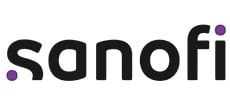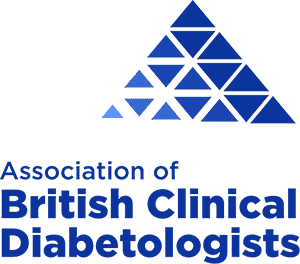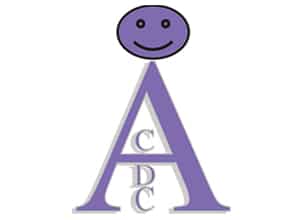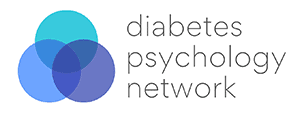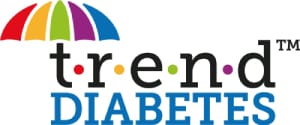WINNER
Empowering Children and Young People with Diabetes through Structured Education
by Children and Young People’s Wales Diabetes Network
SEREN is a national diabetes education programme for children and young people (CYP) developed by healthcare professionals and parent representatives from Wales. The first modules are delivered over the 6-8 weeks following diagnosis and aim to improve CYP’s knowledge and understanding of diabetes, empowering them to manage their diabetes from day one. The programme includes a full curriculum with lesson plans for staff, a workbook for the young person, educator records to track progress and an array of supporting teaching resources.
Judges comment:
“This submission is completely child-centred and the judges loved this. It’s broad, clearly impactful and it revolves around the child’s ability to understand rather than the age. It’s very well-put together for the short time period and the workbooks make it easy for parents and healthcare professionals to track progress.”
COMMENDED
Cook and Eat Exeter: Carbohydrate Counting in Real Life
by Royal Devon & Exeter NHS Foundation Trust
Exeter and Young Person’s Paediatric Diabetes service developed two structured education programmes, Cook and Eat Family Fun (pre-school and primary age) and Cook and Eat Fun! (secondary age) to actively learn carbohydrate counting skills in a real-life setting. The learning outcomes are age appropriate and achievable for young people and young people are invited to annual sessions to build up their knowledge and understanding. Sessions are funded by schools, supermarket donations and grants from charitable trusts.
Judges comment:
“The judges really loved this project. The team cleverly created a non-clinical environment where children and teenagers could build relationships with their healthcare professionals surrounded by peer support. It’s very innovative and impressive.”
FINALIST
Empowering Teenagers with High School Education
by NHS Highland (Argyll and Bute)
This project aimed to provide diabetes education to teenagers in way that promotes empowerment and self-management, and encourages the development of peer support networks. Education sessions were provided every fortnight during term time in a group format with an emphasis on practical learning, discussion and group problem-solving. Empowerment measured via a questionnaire at the beginning and end of each term and HbA1c was found to have reduced in five out of seven students.
Judges comment:
“This is a really effective programme based on peer-support in a learning-focused environment. The judges thought that a teenager partaking in these lessons would feel like they’ve won the lottery. It is a bespoke service that serves its purpose well.”
FINALIST
Psychological Support Intervention using Art Therapy for Patients with Type 1 Diabetes
by St Luke’s General Hospital
This pilot programme offers brief and long-term art psychotherapy to support individuals with a diagnosis of type 1 diabetes. Subjects received individual and group therapy sessions, depending on their therapeutic needs, and explored themes of self-esteem and identity, as well as coping mechanisms. The preliminary results of this study show a significant reduction of Hba1c scores compared to the control group.
Judges comment:
“This is a very innovative yet important project and it would be great to see similar initiatives nationally. The team worked hard covering an area that is sometimes overlooked.”
To register your interest in QiC Diabetes 2018, please contact Amy Watson at awatson@pmlive.com

